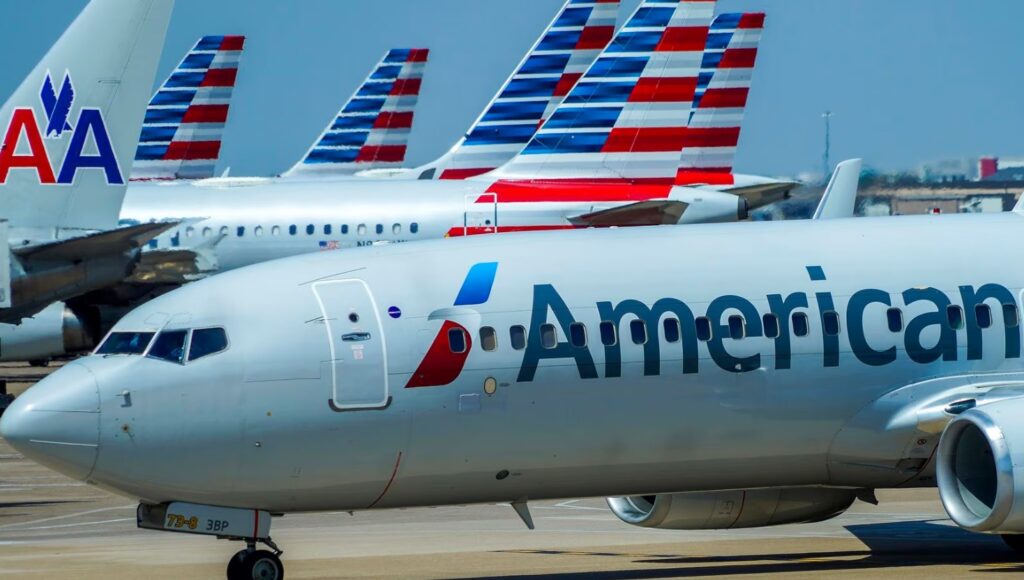The U.S. Department of Transportation (DOT) has imposed a record-breaking fine of $4.1 million on American Airlines for keeping thousands of passengers on the tarmac for hours without giving them an opportunity to deplane. The fine is the largest ever issued by the DOT for violating its rule that prohibits tarmac delays of more than three hours on domestic flights.
DOT Investigation Finds Dozens of Violations
The DOT announced the fine on Monday, August 28, 2023, as part of a consent order that also requires American Airlines to cease and desist from further violations of the rule. The fine is based on an extensive investigation by the DOT’s Office of Aviation Consumer Protection (OACP) that found that between 2018 and 2021, American Airlines allowed 43 domestic flights to remain on the tarmac for lengthy periods without providing passengers an opportunity to deplane. The tarmac delays affected a total of 5,821 passengers, most of whom were stranded at Dallas Fort Worth International Airport, one of the airline’s hubs.

The DOT determined that none of the exceptions to the tarmac delay rule, such as safety and security reasons, applied to those flights. In addition, on one of the 43 flights, passengers were not provided with food and water as required by the rule. The longest delay lasted for six hours and three minutes in August 2020, when a flight with 105 passengers was diverted from Dallas Fort Worth International Airport due to severe weather.
DOT Aims to Protect Passenger Rights and Hold Airlines Accountable
The $4.1 million fine is the largest civil penalty that the DOT has ever assessed for violating its tarmac delay rule, which was implemented in 2010 to protect passengers from being trapped on planes for long periods of time without access to basic amenities or the option to leave. The previous record was $1.9 million, which was imposed on United Airlines in 2021 for violating the rule over 25 flights from December 2015 to February 2021.
The DOT said that half of the fine will be credited to American Airlines for compensation provided to passengers on the affected flights, such as refunds, vouchers, or miles. The DOT encourages airlines to compensate passengers in this way so that a portion of the civil penalties that would have been paid to the Federal Treasury is instead used to benefit the affected passengers.
“This is the latest action in our continued drive to enforce the rights of airline passengers,” said U.S. Transportation Secretary Pete Buttigieg in a statement. “Whether the issue is extreme tarmac delays or problems getting refunds, DOT will continue to protect consumers and hold airlines accountable.”
American Airlines Apologizes and Claims Weather Events as Cause
A spokesperson for American Airlines said in an emailed statement that the delays were the result of “exceptional weather events” and represented a “very small number” of the 7.7 million flights during that time period. The spokesperson did not explain why the airline was singled out for the record fine over delays tied to weather events, which are usually considered beyond the control of airlines.
“We have since apologized to the impacted customers and regret any inconvenience caused,” the spokesperson said. The spokesperson also said that the airline has invested in technology and tools to better handle flights in severe weather and reduce congestion at airports. “These efforts are already providing significant benefits to our customers and team members, and we continue to look for innovative ways to further improve,” the spokesperson added.
It is not the first time that American Airlines has been fined for tarmac delays. In 2019, the DOT fined it $1 million for violations involving 13 flights from 2015 to 2018. Delta Airlines was also penalized $750,000 for its violations involving 11 flights during that same period.
